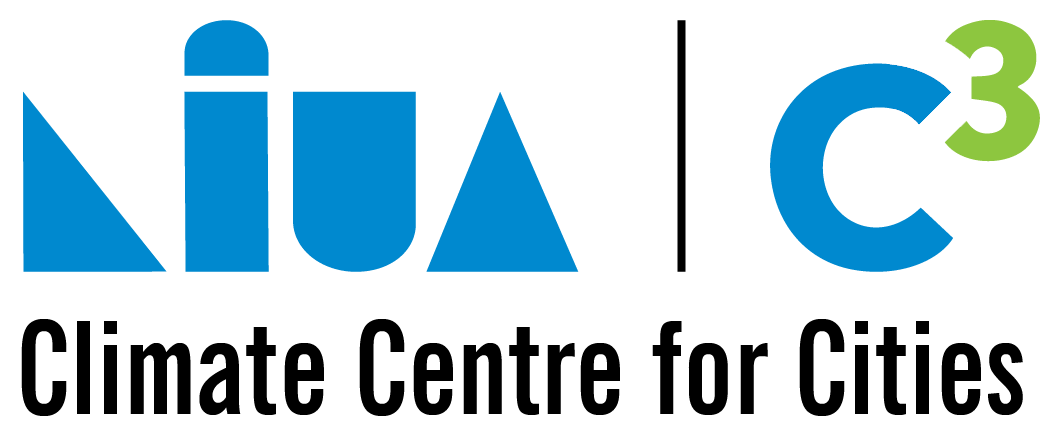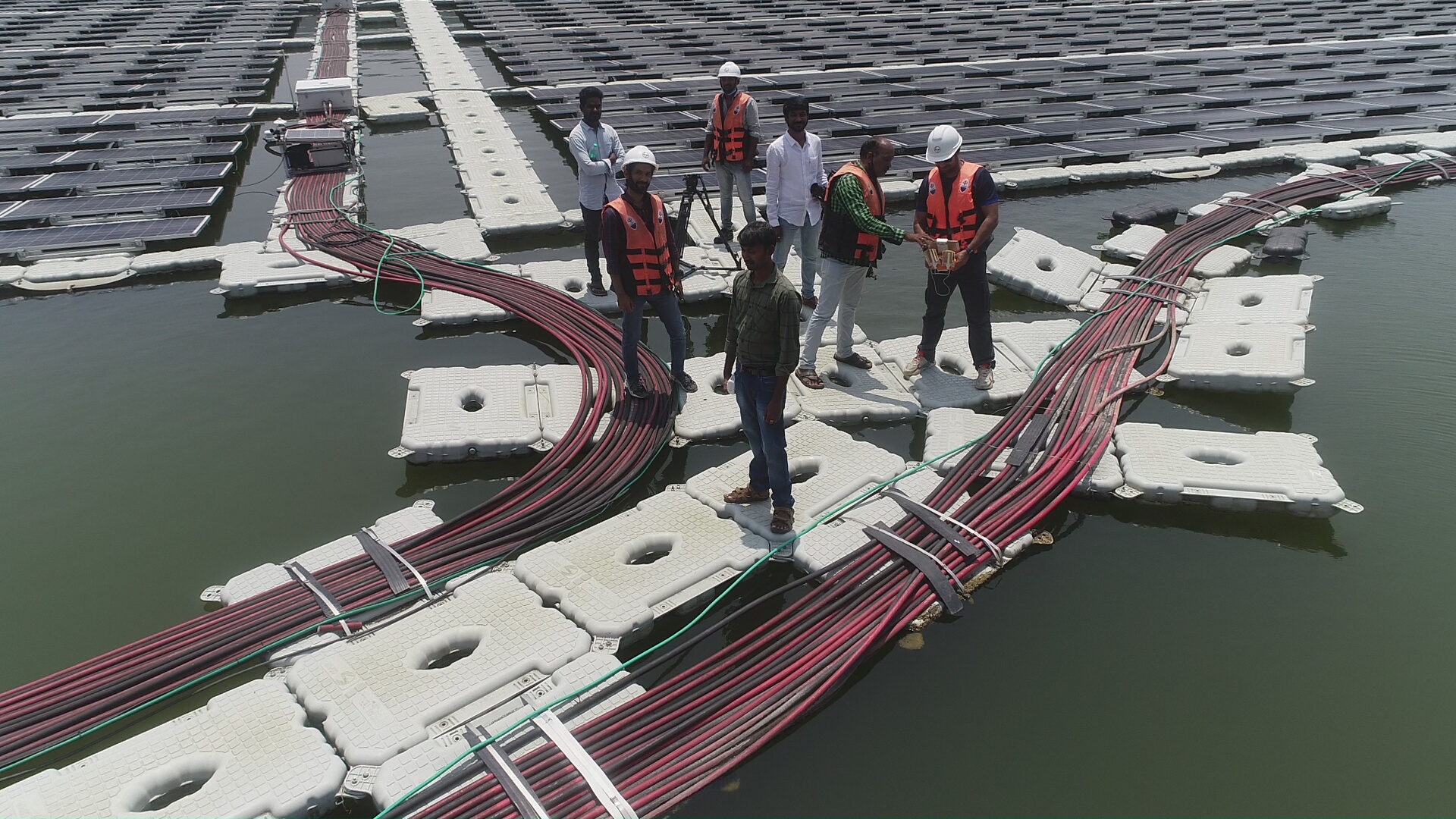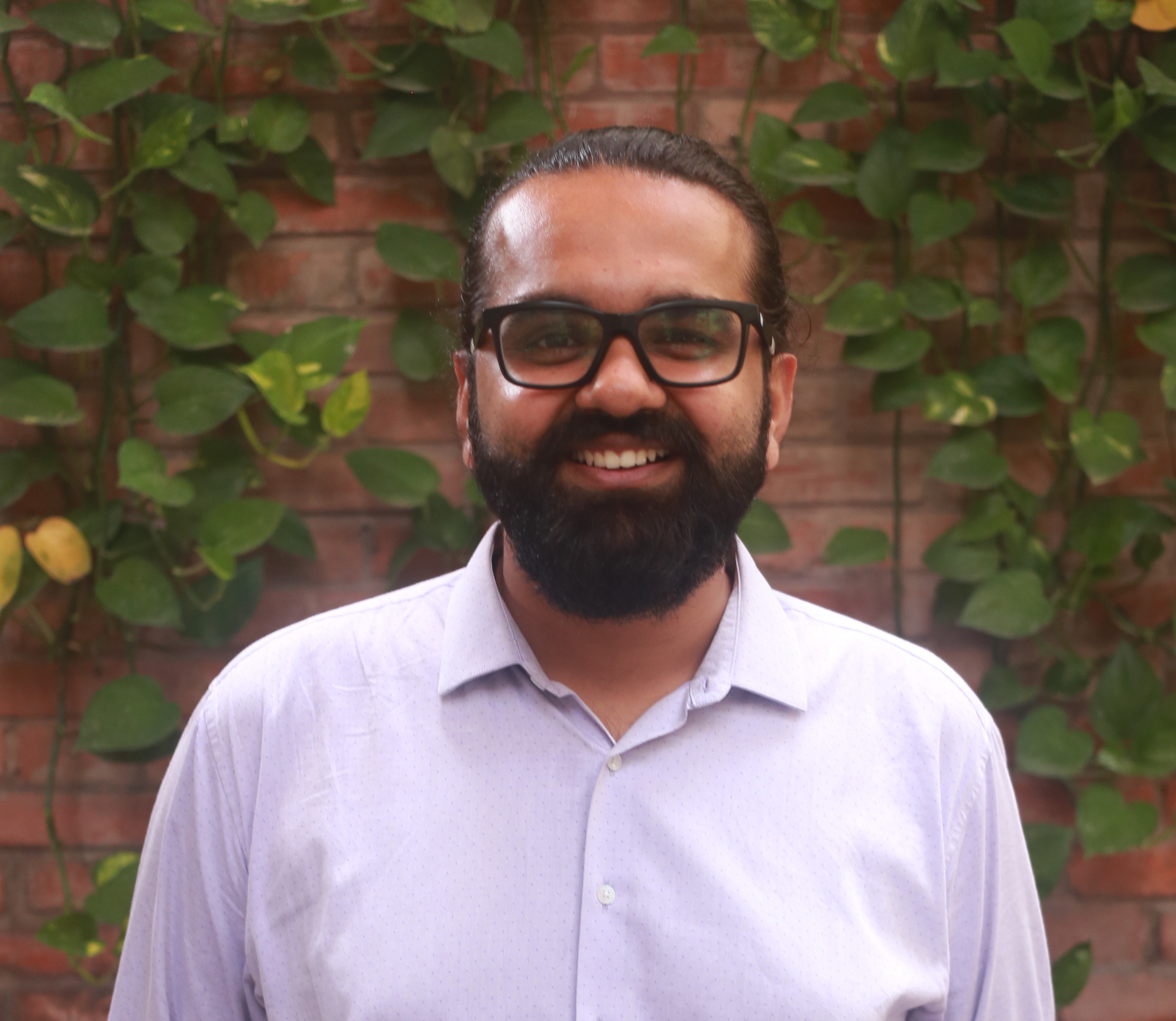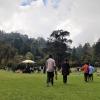Understanding the Future: Insights from C-Cube’s Podcast series
Published On:
Wednesday, March 3, 2021
The Fellowship with the Smart Cities Mission was my first hands-on experience of the complexity and interconnectedness of the Urban Development sector. During the second year, as I started working with the Climate Centre for Cities (C-Cube), I noticed the same complexity and interconnectedness increasing multi-fold. As someone who has been an entrepreneur before, I saw this as an opportunity – to foster innovation and capacity development - towards solving the myriad urban development & climate change issues as they exist today and may arise in future. While it is easier said than done, this premise was a key driver as we conceptualized the C-Cube’s Podcast series ‘Understanding the Future’.
The podcast, ‘Understanding the Future’ focuses on the future of work in the field of Climate Change, Urban Development, Innovation and Sustainability. It aims to explore specific topics and understand the type of skill sets and jobs that will be required in the future to solve urban and environmental issues. . To do so, we interviewed a curated list of people who are working in the top management of industries, multilateral organisations, government departments, and NGOs/NPOs to understand how they are leading the systemic changes in the urban development, sustainability and climate change space. To complement these changes, it's important to also recognize the work that is being done on the ground and for the same, we spoke to founders/CEOs and IAS officers from the ground who are implementing and navigating through the system to bring the change for citizens. While the podcast addresses current and future challenges for the benefit of practicing urban and climate professionals and city managers, it is also intended to help the youth and early career practitioners in understanding how they can enable actions in the existing ecosystem.
With the end of the year 2020, we concluded the Season 1 of Understanding the Future with 13 weekly episodes. Although different topics were discussed in each episode, the series also brought together cross-sectoral conversations highlighting the interconnectedness of the ecosystem and how each sector or intervention supports or affects various others making it a chain reaction.
One of the conversations that came up periodically through the interviews was the financial aspect and how that is the key incentive for shifting the ecosystem. As Anirban Ghosh, Chief Sustainability Officer, Mahindra and Mahindra Group put it very well, ‘While one could ask people to be conscious and take clean solutions and so on, we will only solve the problem when solutions become economically viable.' Vidyut Mohan, Founder, Takachar also said something similar for the product they developed to reduce air pollution from burning of crop residue, ‘No farmer would be interested in investing time and money in participating in this value chain if there is no economically viable offtake market.' In a different interview Harsha Kuntur, Founder and MD, EcoSoch Solar echoed a similar viewpoint and said 'It makes economic sense today, to go for solar if you have money sitting in FD (Fixed Deposit).’
Another interesting correlation that came up during various conversations was on digital integration and different business models associated with it. Vikas Kanungo, Senior Consultant, Digital Development Global Practice, World Bank said that 'User interface would become so intuitive that the need to learn about IT to use it will become very minimal'. Amarsh Chaturvedi, Co-founder and Director, Transerve Technologies mentioned how digitization can support better revenue mechanisms, ‘'I should rather target top 20% defaulters first, now on a map can I see where those defaulters are, can I do simple route management or logistics management simulations to help my field inspector or tax collector to follow least-cost path to collect as much tax as possible. So that is the technology angle to it.' Dinesh Goel, Founder and (ex)CEO, Aasaanjobs thought out aloud, ‘we facilitate some sort of digital gig economy, which can facilitate the jobs without having a need to migrate to the cities. If the government is able to execute this, and then it would mean that they are able to solve a lot of problems in India.’
The response from Season 1 has been very motivating and, going forward, C-Cube plans to bring 30+ episodes in Season 2. The upcoming season, starting in March 2021, would cover more diverse topics under the umbrella of sustainable innovations and resilient urban development to enable the business/industry ecosystem to mitigate and adapt to climate change. As put very aptly by Abhilasha Purwar, Co-founder and CEO, Blue Sky Analytics, ‘Fundamentally if we were to exist and not go extinct, by 2035 all the businesses that are present today would look very different.’
Listen to the Season 1 of Understanding the Future, here (https://linktr.ee/ccube).
Contact Us
1st and 2nd Floor, National Institute of Urban Affairs
India Habitat Centre Lodhi Road New Delhi-110003
Please Call Help Desk at 011-411-86699
Monday - Friday, 9:00 AM - 5:00 PM
Please write to us at c-cube@niua.org







Post a Comment